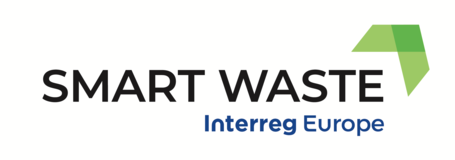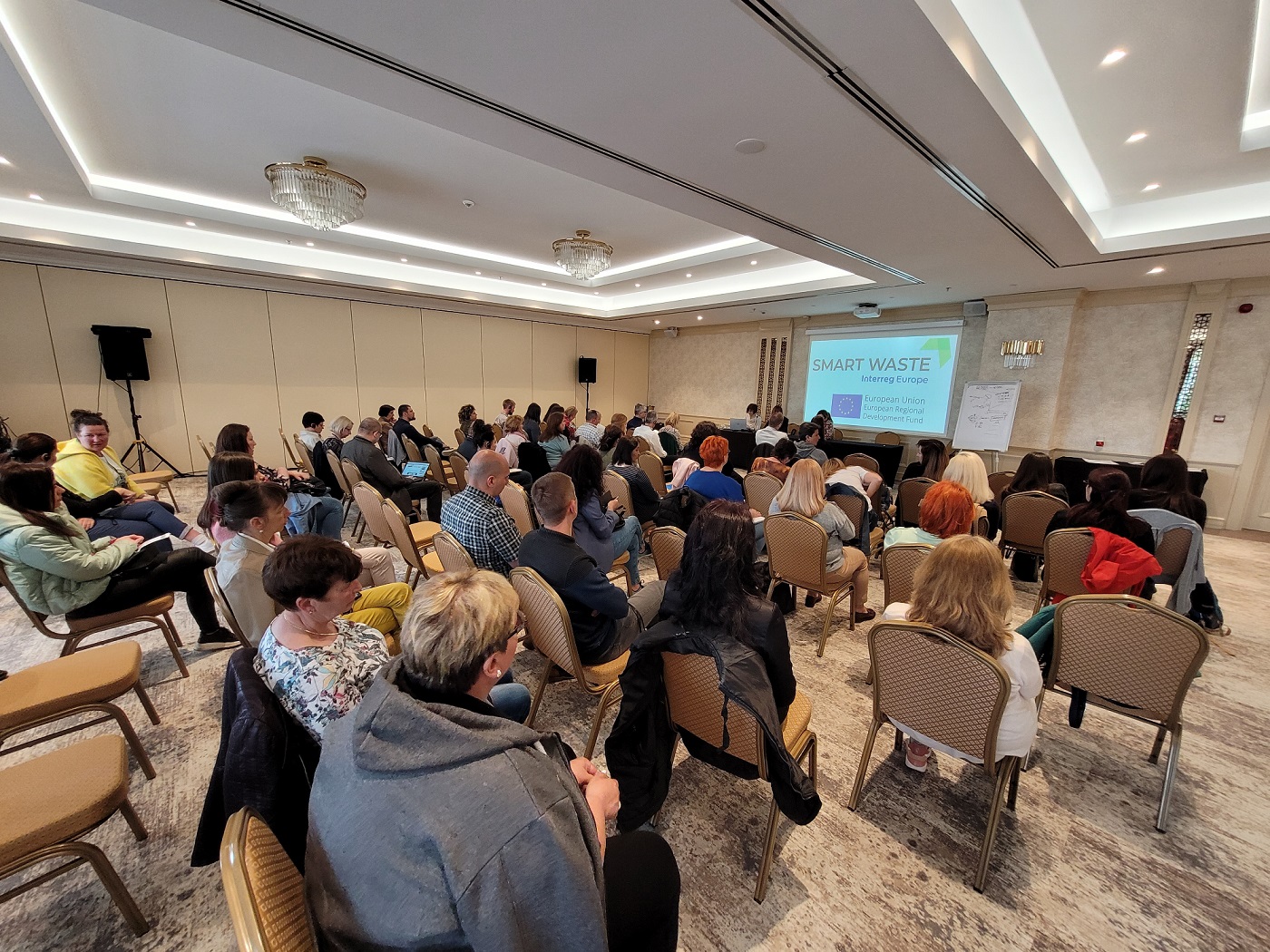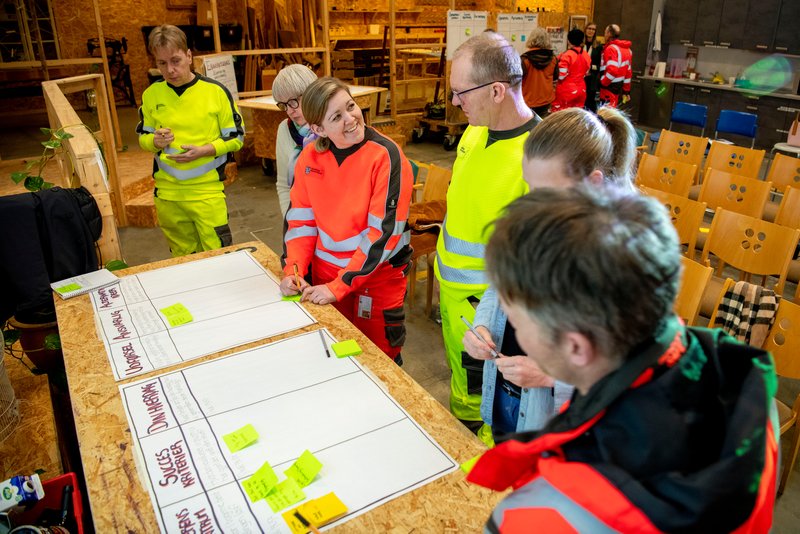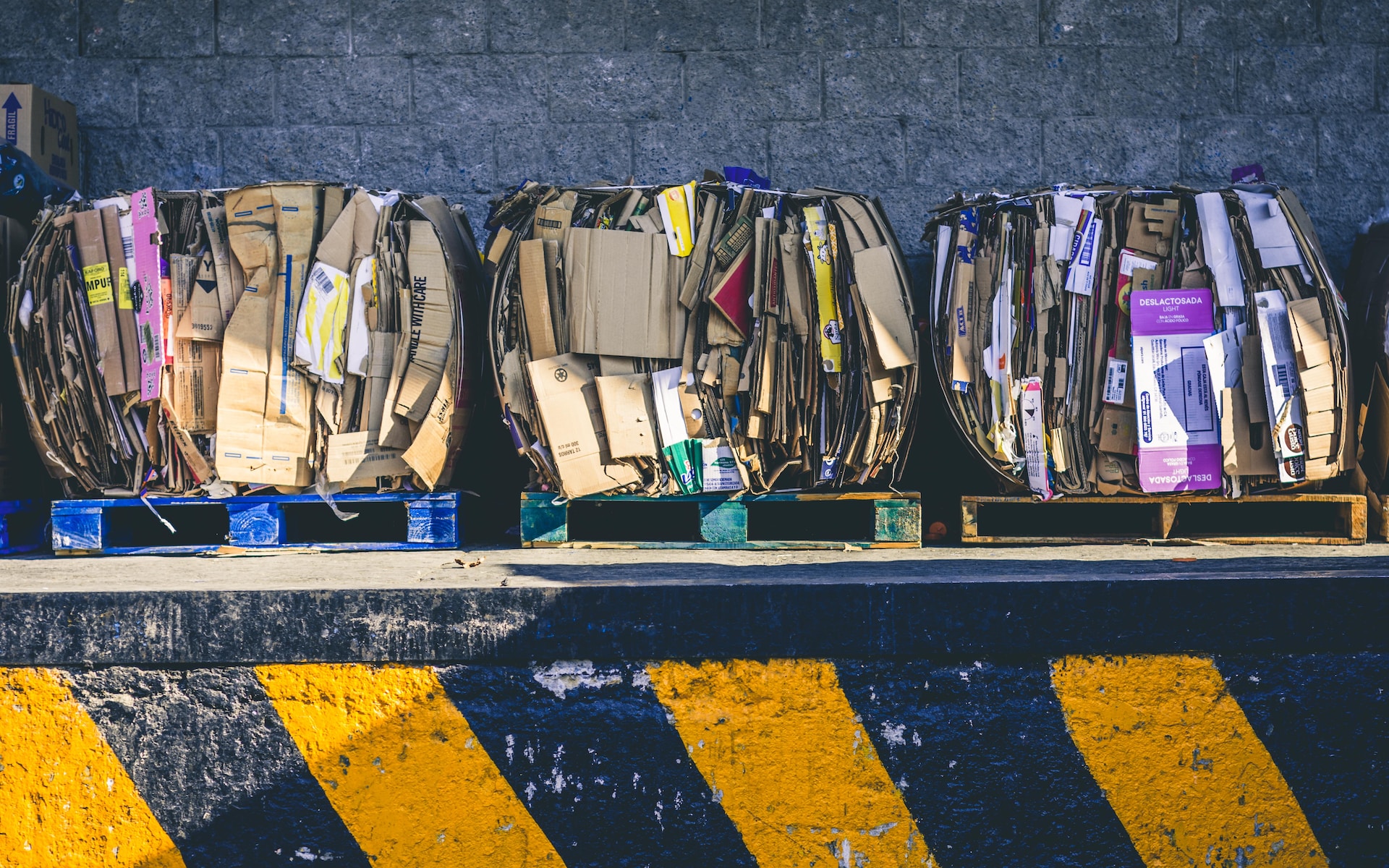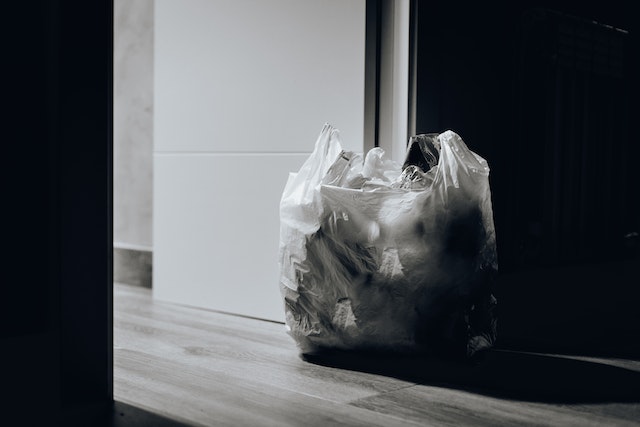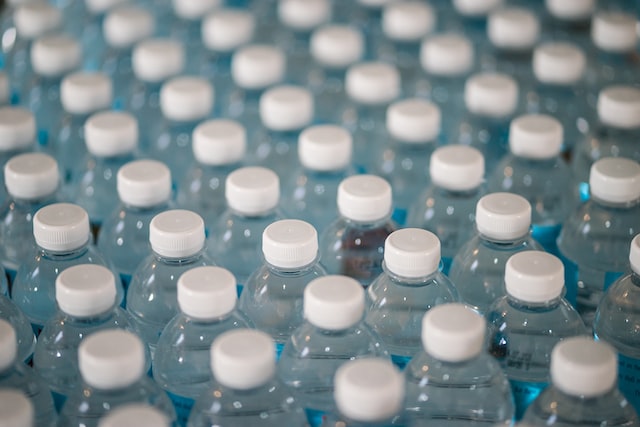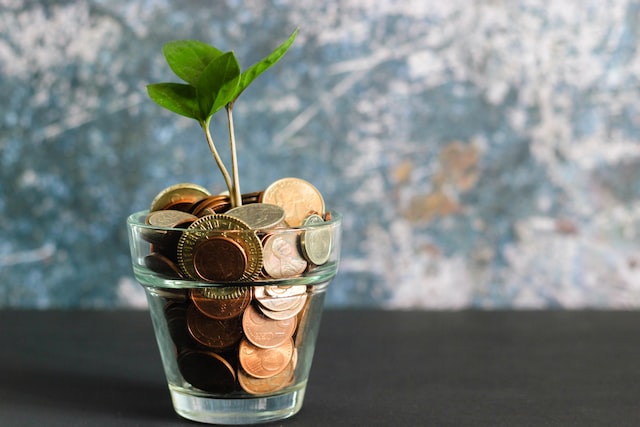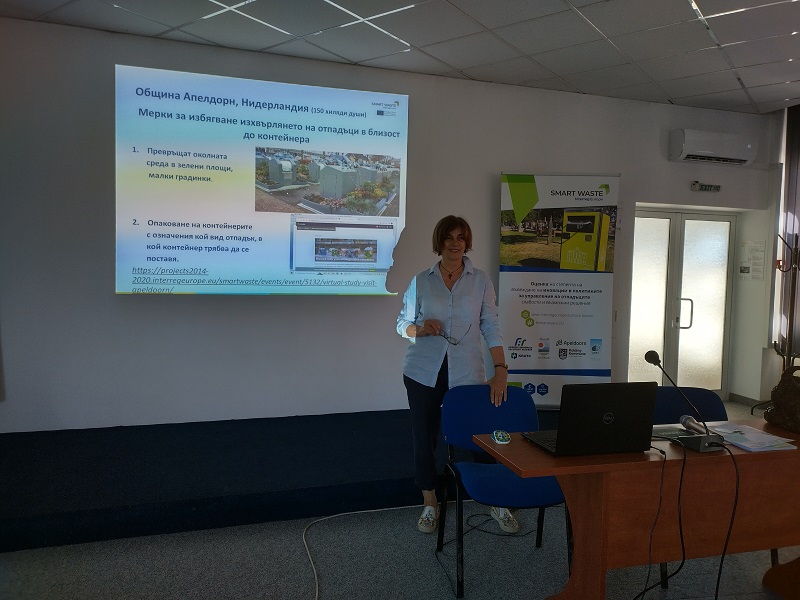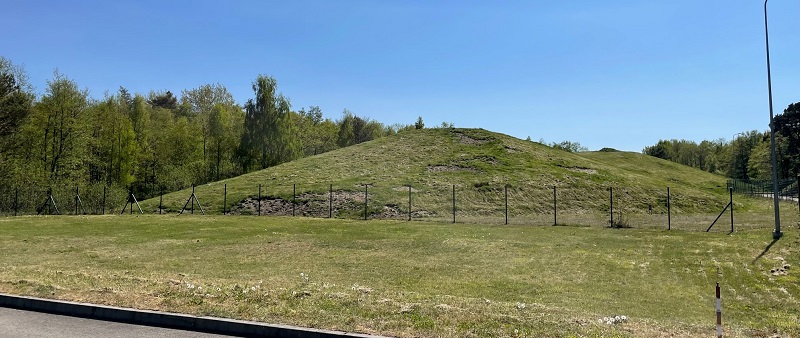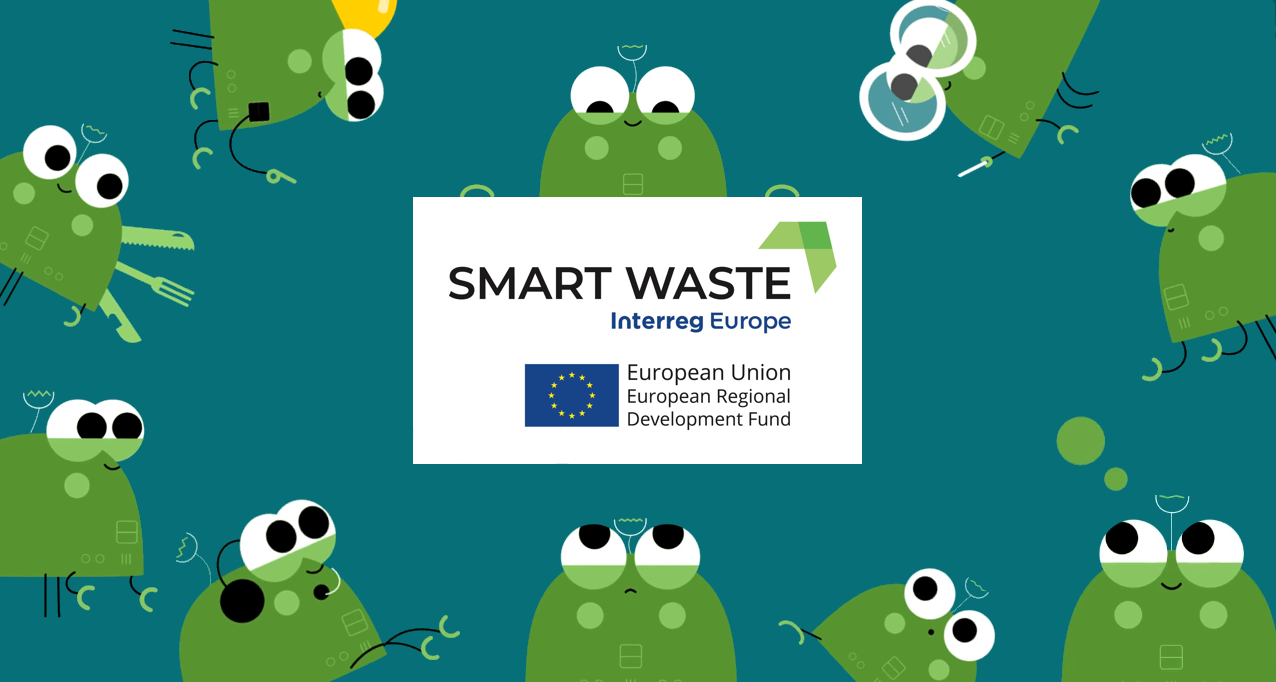In this self-portrait, discover one of the SMART WASTE's local authority partners: the Municipality of Kolding, in Denmark.
We are a municipal department responsible for collecting all the citizens' waste (from households, at recycling centres, and at many small “environmental stations” where currently four types of recyclables (paper, glass, metals, plastics) are being collected). Kolding Municipality is the seventh-largest municipality in terms of population of Denmark's 98 municipalities.
The waste management department Redux is part of the City and Development Administration. Still, the waste management area is kept separate from the rest of the municipal administration because of watertight financial walls between the so-called ‘user-financed’ and the ‘tax-financed’ area where the users (households and other building owners like apartment building owners) finance the local waste management, which is not funded by traditional taxes. The waste management is financed via an annual waste fee covering all waste management services. The citizen's waste management service is thus funded directly by the citizens through these waste fees.
We operate under a non-profit cost-coverage principle: The full cost of running the waste department is charged to citizens – not more, not less. Currently, the annual revenue amounts to approximately DKK 110 million (approximately EUR 15 million).
In Denmark, each municipality must prepare and present a plan for how the citizens' waste will be collected and separated, and what new themes and services are in focus. The plan must live up to some state-established rules as well as national legislation. Currently, the requirement is that the municipality must recycle at least 50% of the waste collected before 2022. In Kolding, the first waste plan (Waste Management Plan (WMP) 2014-2024) was adopted in 2014 and was revised in 2019 into a new plan for the years 2019-2024 because the deliverables in the WMP 2014-2024 were already achieved.
We operate five recycling centres with our staff. In addition to that, we have in-house drivers transporting the waste to the treatment facilities (fine sorting, disassembly, recycling etc.). We pay a private company to collect combustible waste and food waste from the municipality's approximately 43,000 households.
For citizens, the yearly waste fee covers admission to recycling centres. Small companies pay by weight. We have 1,400 micro-scale hyper-local recycling stations equipped with 4 x 370 litre wheeled containers to collect paper, glass, metals, and small hard plastics. Our in-house truck drivers collect the waste in two-compartment waste trucks.
We offer citizens a collection service for bulky waste (white goods, furniture, bagged recyclables (e.g. cardboard), bikes, lawnmowers and much more) where the annual waste fee covers free of charge collection up to six times a year. An additional collection of bulky waste can be ordered against further payment.
A relatively new mobile app is used as a digital admission key for the recycling centres during non-staffed hours (the centres are open 24 hours a day, 365 days a year) but staffed only during normal working hours. Also, the app offers a waste sorting guide along with other waste-related information (waste collection calendar, etc.), and is also used to book the collection of bulky waste.
Kolding Municipality’s waste management department, Redux, has a total staff of around 90 people (25 employees in administration and service, and 65 employees maintenance staff, and truck drivers).
At four of the five recycling centres, we have a particular container where citizens can drop items that have the potential to be directly reused. We have agreed with several social organizations collecting items from these containers for sale in their own organizations’ shops supporting charity.
At the fifth recycling centre (due to the design of the centre) citizens are allowed to collect reusable items from selected waste types which they can bring home free of charge. At this recycling centre, a large space in a renovated warehouse building is rented out to a private second-hand store. The store is supplied with collected items from this fifth recycling centre. According to a contract between the municipality and the private-owned second-hand shop, the goal is to sell a minimum of 300 tons of reused items annually.
Small to medium-sized local businesses and all municipal and private institutions (e.g. schools) can get a so-called ‘resource pass’ that allows them to collect both reusable and recyclable items from all recycling centres for their production, prototype development, education and more.
